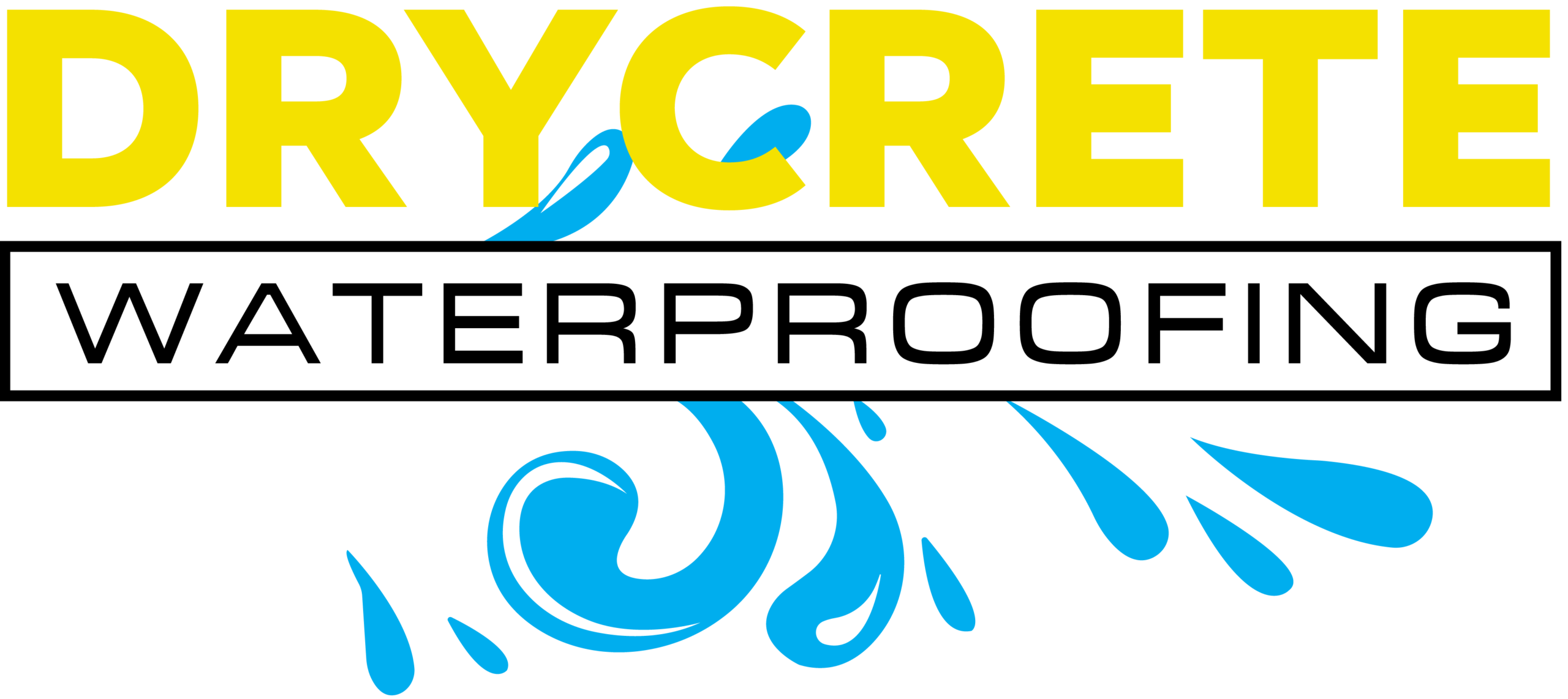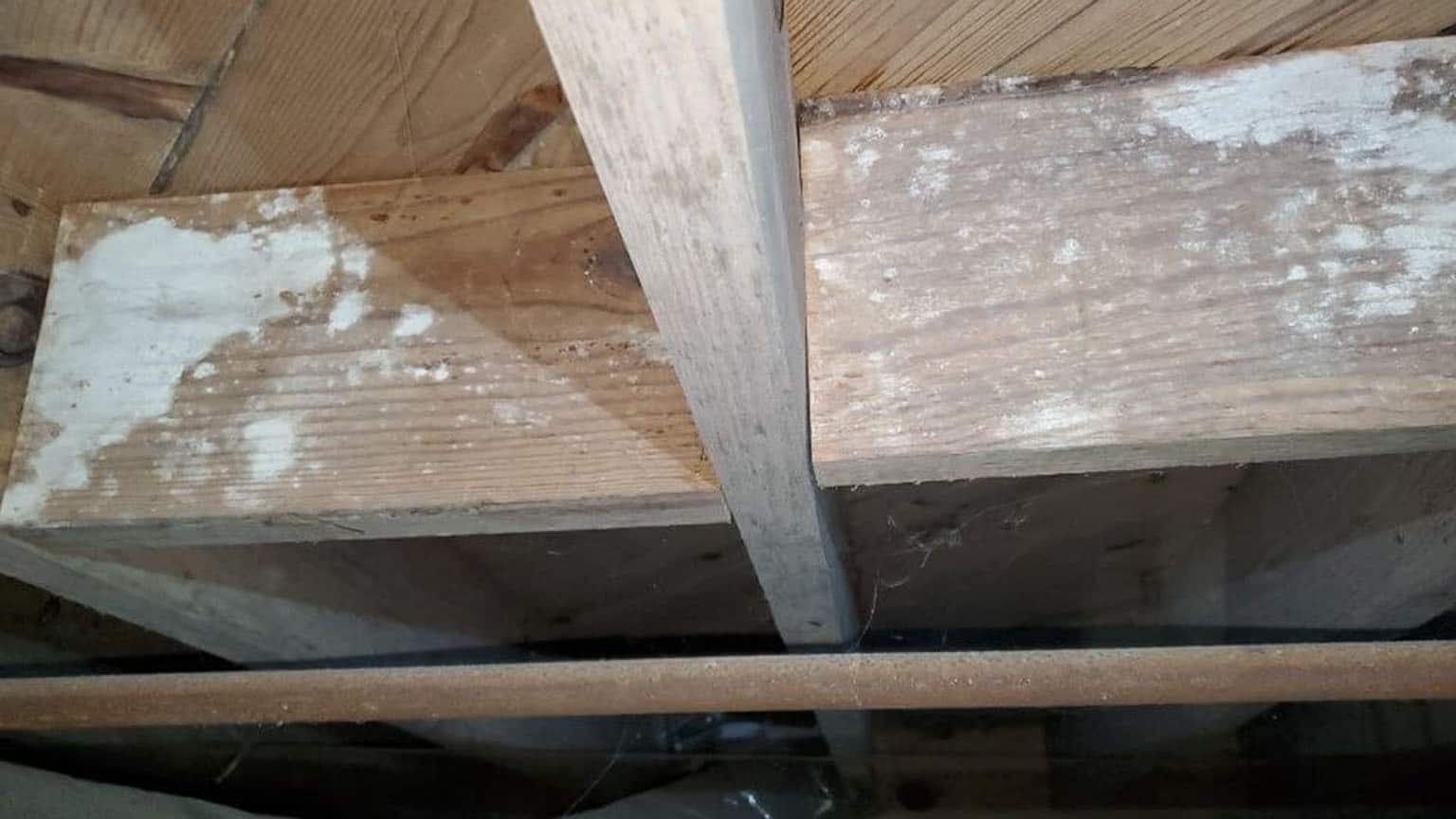What Are VOCs, and How Do They Affect Air Quality?
Homeowners across Massachusetts and Rhode Island often focus on protecting their basements from water, but air quality is just as important. Volatile Organic Compounds (VOCs) are invisible chemicals released by building materials, paints, fuels, cleaning products, and even damp concrete. These compounds can build up in poorly ventilated basements, especially in older homes with moisture issues or aging materials.
Breathing in VOCs over time can cause headaches, dizziness, and respiratory issues, particularly for children, elderly family members, or anyone with asthma or chemical sensitivities. At Drycrete Waterproofing, we want homeowners to understand how basement conditions contribute to indoor air pollution and what you can do to reduce it.
Common Sources of VOCs in Basements
While VOCs can be found throughout your home, basements often trap and concentrate them due to low ventilation and persistent moisture. Some of the most common sources in basement environments include:
- Concrete and building materials – Freshly poured concrete, old adhesives, sealants, and treated wood can all emit VOCs, especially if there’s excess moisture.
- Stored items – Paints, solvents, fuel containers, and cleaning supplies release gases over time, even when closed.
- Moisture and mildew – A damp basement can increase VOC levels by encouraging the breakdown of organic materials and promoting microbial growth.
- Older waterproofing materials – Tar- or asphalt-based products used in outdated systems may emit harmful VOCs as they degrade.
These sources aren’t always visible, but the effects can build up fast, especially in New England’s humid climate. That’s why it’s important to treat your basement as a vital part of your home’s indoor environment.
How VOCs Affect Indoor Air Quality and Health
Many homeowners are surprised to learn that basements play a major role in the air they breathe throughout the home. Because of the natural stack effect, air from the basement rises into the living spaces above, bringing any pollutants along with it. If your basement has moisture, mold, or deteriorating materials, it could be releasing VOCs into your indoor air every day.
Health risks associated with VOC exposure include:
- Headaches, dizziness, and fatigue
- Irritation of the eyes, nose, and throat
- Respiratory problems or worsening of asthma
- Long-term exposure risks, including liver and kidney damage or increased cancer risk (depending on the VOC)
In homes with high humidity or poor ventilation, these chemicals can accumulate quickly, especially in the basement. That’s why dry, sealed basement environments are critical for protecting the health of your household.
How Basement Waterproofing Helps Reduce VOC Exposure
Waterproofing your basement is one of the most effective ways to reduce VOC exposure in your home. When moisture seeps into a basement, it doesn’t just create a damp, uncomfortable environment; it accelerates the breakdown of building materials and finishes, increasing the release of harmful VOCs into the air.
Drycrete’s basement waterproofing systems help control this risk at the source. By sealing foundation walls, managing groundwater with interior drainage systems, and keeping basements dry year-round, we help prevent the conditions that lead to VOC release. This reduces the likelihood of musty odors, respiratory irritation, and long-term health risks tied to poor indoor air quality.
For homes in Massachusetts and Rhode Island, where seasonal humidity and older construction can make basements especially vulnerable, investing in a professional waterproofing system isn’t just about protecting your home. It’s about protecting your health.
Breathe Easier with Basement Waterproofing
If you’re noticing musty smells, damp air, or worsening allergies in your home, your basement might be part of the problem. Volatile Organic Compounds thrive in moisture-rich, poorly ventilated spaces, and once they’re in your basement, they can spread throughout the house.
Drycrete Waterproofing specializes in basement waterproofing and humidity control solutions for homes across Massachusetts and Rhode Island. Whether you’re dealing with leaks, condensation, or general dampness, we can help create a drier, healthier environment from the ground up. Contact us today for a free inspection and take the first step toward cleaner indoor air and a safer basement.

